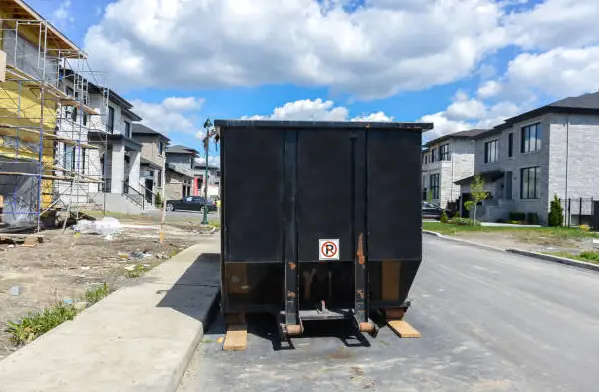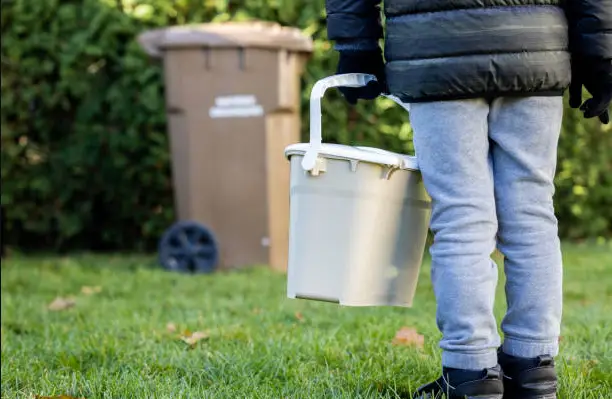Canada is renowned for its breathtaking landscapes, however they are facing challenges in managing waste sustainably. In the pursuit of sustainable living and environmental responsibility, nations around the world are reevaluating their approach to waste management and recycling. Canada, with its vast landscapes and commitment to environmental conservation, is no exception. In this blog post, we'll delve into the state of recycling and waste management in Canada, exploring initiatives, challenges, and the strides being made toward a greener future.

Provincial Dynamics:
One of the defining features of waste management in Canada is the significant variance between provinces and territories. Each region has its own set of regulations, policies, and programs tailored to its unique environmental challenges and priorities. This decentralized approach allows for targeted strategies that address specific needs, but it also presents challenges in creating a cohesive national framework.
Read more: Top 10 Best Cities In Canada To Visit
Extended Producer Responsibility (EPR):
Several provinces in Canada have embraced the concept of Extended Producer Responsibility (EPR) to shift the burden of waste management from consumers and municipalities to the producers of goods. This approach incentivizes product manufacturers to take greater responsibility for the entire lifecycle of their products, from production to disposal. EPR programs encourage the development of more sustainable and recyclable products while holding producers accountable for proper disposal.

Tackling Single-Use Plastics:
In response to the global plastic pollution crisis, Canada has been actively working to reduce single-use plastics. Some provinces have implemented bans on specific items like plastic bags, straws, and cutlery. These measures are designed not only to decrease plastic waste but also to raise awareness about the environmental impact of single-use items and encourage the adoption of reusable alternatives.
Investments in Recycling Infrastructure:
Recognizing the importance of a robust recycling infrastructure, Canada has been investing strategically to enhance recycling capabilities. Upgrading existing facilities and incorporating advanced technologies have been key focus areas. These investments aim to improve the efficiency and capacity of recycling processes, ensuring that more materials are diverted from landfills and reintegrated into the production cycle.
Public Engagement and Education:
An informed public is crucial to the success of any waste management and recycling initiative. Across the country, educational programs have been implemented to raise awareness about proper waste sorting, recycling practices, and the broader environmental impact of individual choices. Engaging citizens in the process fosters a sense of responsibility and contributes to the overall success of waste reduction efforts.
Read more: How Can I Reduce My Environmental Impact While Traveling In Canada?
Circular Economy Initiatives:
Canada is increasingly embracing the concept of a circular economy. This approach emphasizes reducing waste by designing products with recycling and reusability in mind. The shift toward a circular economy involves collaboration between businesses, governments, and consumers to create a system where materials are continuously reused and recycled, minimizing the environmental footprint.

Landfill Management and Alternative Technologies:
While efforts are being made to reduce reliance on landfills, managing existing waste sites is also a priority. Canada is exploring technologies to capture methane emissions from landfills, mitigating their environmental impact. Additionally, research into alternative waste disposal methods, such as waste-to-energy technologies, is ongoing, aiming to find sustainable solutions for the disposal of non-recyclable waste.
Read more: Where Can I Learn About Indigenous Environmental Practices In Canada?
Conclusion:
The approach to recycling and waste management in Canada reflects a commitment to environmental stewardship. With a focus on tailored solutions at the provincial level, initiatives like EPR, plastic bans, and investments in recycling infrastructure are steering the nation toward a more sustainable and circular future. While challenges persist, the collaborative efforts of government, industry, and citizens are shaping a landscape where waste is minimized, resources are conserved, and the principles of a circular economy are embraced for the well-being of the planet.

